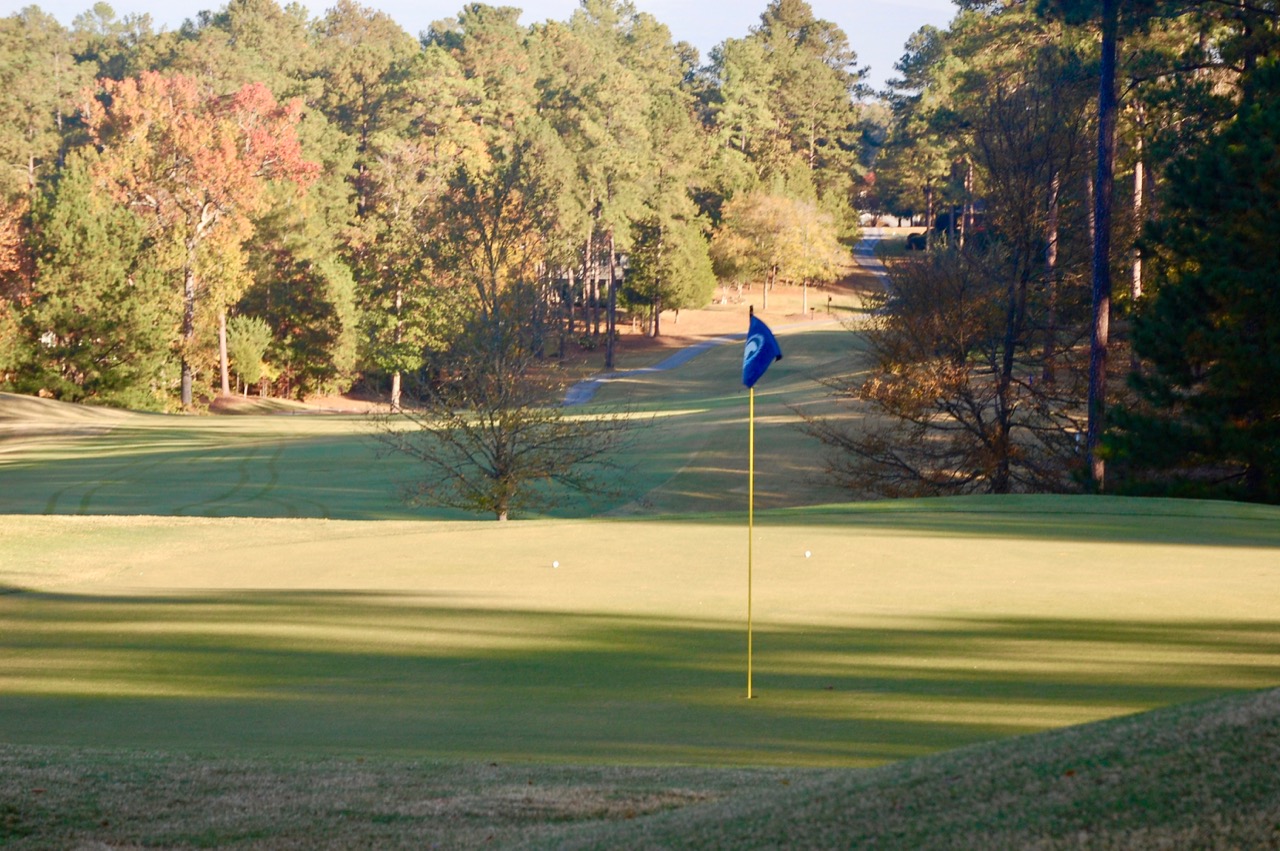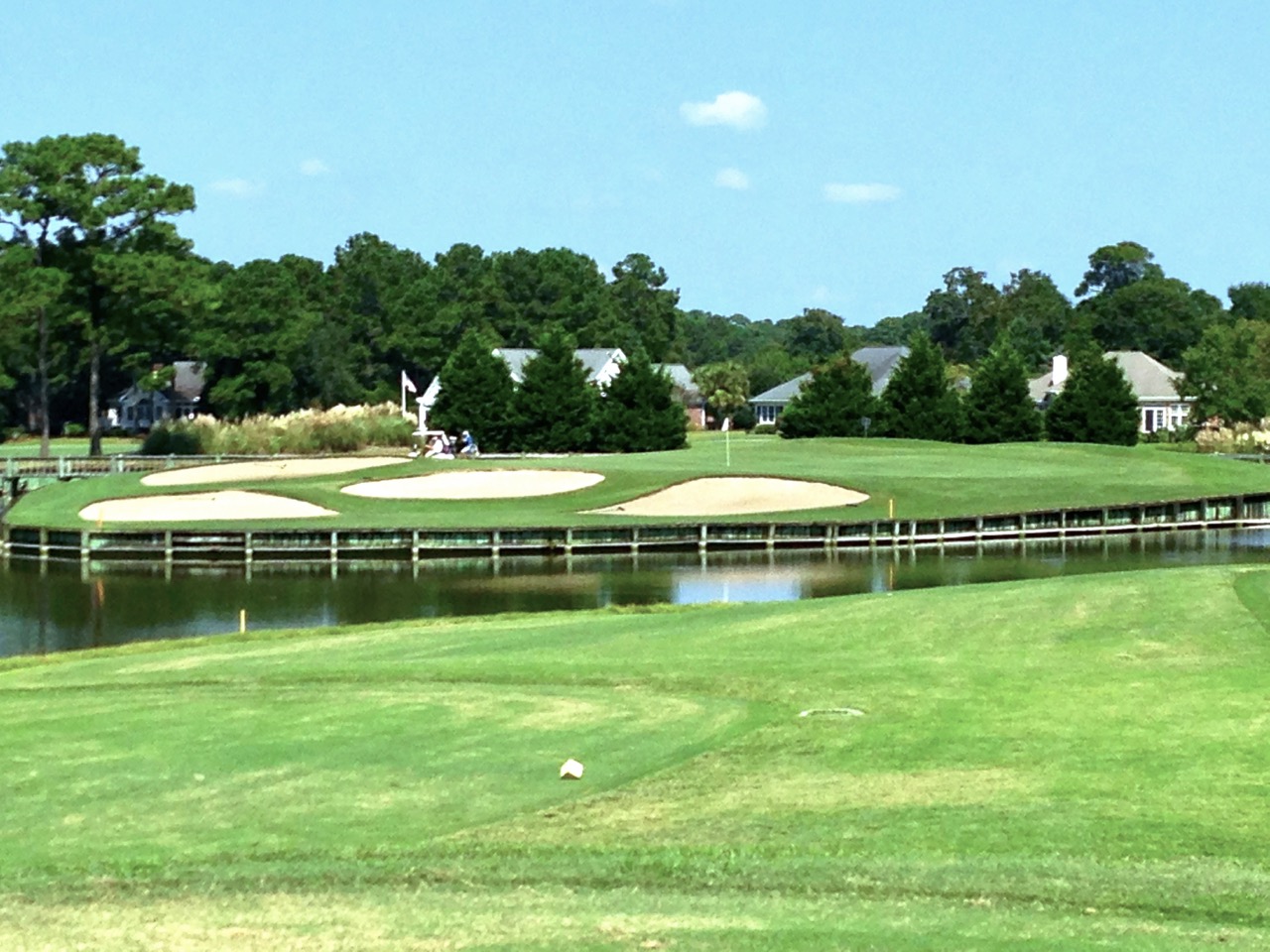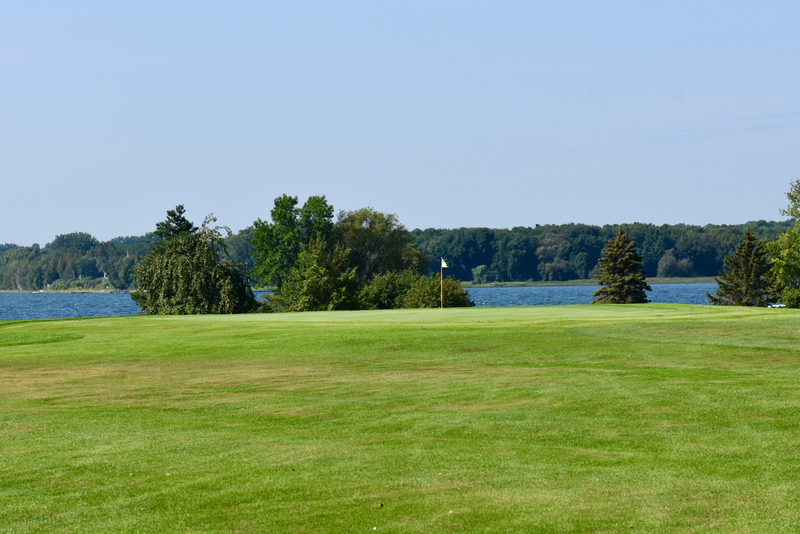The housing market has peaked, according to the mainstream media and some economists who follow home sales closely. Much of the blame, if you can call it that, is laid at the feet of Millennials, those in the 25-to-34 age category who are buying homes at a much lower rate than their predecessor generations. According to the Urban Institute, for example, just 37 percent of those in that age category are homeowners, compared with 45.4 percent of Gen Xers and 45 percent of Baby Boomers when they were in the Millennials’ age range. It stands to reason that if those youngsters are not buying the homes of us oldsters, we are going to have a harder time selling at the prices we want, if at all.
Therefore, many of you reading this who are in the Boomer category are probably asking yourselves if this slowdown in the housing market means that the primary house you have every intention of selling in the next year or two will fetch a lower price than you hoped for, or that it will indeed be tougher to sell...and therefore keep you from following your dream of a warm-weather home. To those concerns I have a simple rejoinder, a broken record I have been playing ever since a much bigger housing recession in 2008: Don’t worry, be happy; sell your house for what the market says it’s worth, not what you think it is worth; and move to your retirement dream location. Savannah Lakes Village on Lake Thurmond in South Carolina, which features two 18-hole layouts. Cost of living in the surrounding town of McCormick is a few percentage points lower than the national average and as much as 50 points lower than some towns in the North.
Savannah Lakes Village on Lake Thurmond in South Carolina, which features two 18-hole layouts. Cost of living in the surrounding town of McCormick is a few percentage points lower than the national average and as much as 50 points lower than some towns in the North.
Here’s why I sound like Pollyanna. First, if you sell your home in the North for less because of a general housing recession, chances are you will pay less for your home in the sunnier South. There is a price at which anything will sell, and your house is in that category. The market will tell you what is a fair price for your real estate. If someone offers it, take it.
Second, as I have written ad nauseum in the past, the cost to live in the South is almost invariably less than the cost in the higher-taxed North, and the difference is often dramatic. If today you spend, for example, $75,000 per year on food, utilities, transportation, property taxes, entertainment and other living expenses, you could save as much as $20,000 or more on an annual basis living in a Southern golf community, even with homeowner fees. If you stay up North and wait for your primary home to increase in price over, say, two years, you will need it to increase 10 percent over those two years on a $400,000 house to match the $40,000 you might save by moving South. That is not likely to happen in a flat market.
Here’s just one example of the potential savings. According to the cost-of-living comparison tool at BestPlaces.net, a couple currently living in Natick, MA, who chooses to move to the lakeside golf community of Savannah Lakes Village in McCormick, SC – two excellent golf courses, rural setting, adjacent to Lake Thurmond – would save nearly 48% on annual expenses. (Note: Most of that is in real estate costs; the cost of living tool averages the much lower-priced homes in town with home prices inside the community. But still, 48%?)
And, third, and perhaps the most important consideration, a non-financial one: Is waiting a year or more going to make you happy, even if you save a few dollars by selling your home at a slightly higher price? Chances are you have pointed toward a retirement place in a warm weather climate for many of your working years. You owe it to yourself to put "Serious Search for a Golf Home in 2019" on your resolutions list. Let me know if I can help. (Contact me.)
Myrtle Beach area golf courses, whose total once stood at over 120, continue to be under pressure in a still-oversaturated market. Local news outlets are reporting that River Oaks, a golf community just north of Highway 501, the main east/west thoroughfare entering Myrtle Beach, will close nine of its 27 holes and build more than 250 homes on 60 acres of former fairways and greens.
This is only the latest in a continuing spate of closures over the last decade in a market that was once called a “supermarket of golf.” Just last week we learned that the owners of Indian Wells Golf Club, part of the Founders Group International of 22 golf courses in the Myrtle Beach area, had asked the county zoning board to rezone the golf course to include condo unit development. (The golf course was previously zoned for single-family home construction. Needless to say, homeowners in the surrounding neighborhoods are not. The River Club in Litchfield Beach, SC, is one of 22 courses owned by Founders Group International. One of their layouts, Indian Wells, could be converted to single-family homes and condo units if the county zoning board agrees.
The River Club in Litchfield Beach, SC, is one of 22 courses owned by Founders Group International. One of their layouts, Indian Wells, could be converted to single-family homes and condo units if the county zoning board agrees.
The Indian Wells plans may be more problematical than those at River Oaks, where owners will still have 18 holes of golf remaining -– at least for the time being. Founders Group has petitioned Horry County for a change in zoning on the 150-acre Indian Wells golf course to permit construction of 255 single-family homes and 257 townhomes. Because the golf course was already zoned for single-family houses, residents are choosing not to take the typical stand that their home values will be eroded by the loss of the golf course. They say they fear environmental issues.
Maryann Dube, president of the adjacent Woodlake Village’s homeowners’ association, told Myrtle Beach Sun’s online publication, “We’re going to be in big trouble if they build…The whole golf course floods tremendously, [and] they’re not going to be able to do anything to fix that.”
Nearby residents and members of the other Founders Group courses, almost all of them located inside residential developments, are bound to be nervous about the Indian Wells events. That club was among the first that the Chinese company owners purchased in the area nearly a decade ago; the organization has been in the news over recent years because of squabbles among its owners and charges of embezzlement against a few of its executives.
As a vacation home owner at Pawleys Plantation in Pawleys Island, SC, home to a Jack Nicklaus golf course owned by Founders International, I will be watching for related news in the coming weeks and months. Watch this space.
Page 73 of 1022























